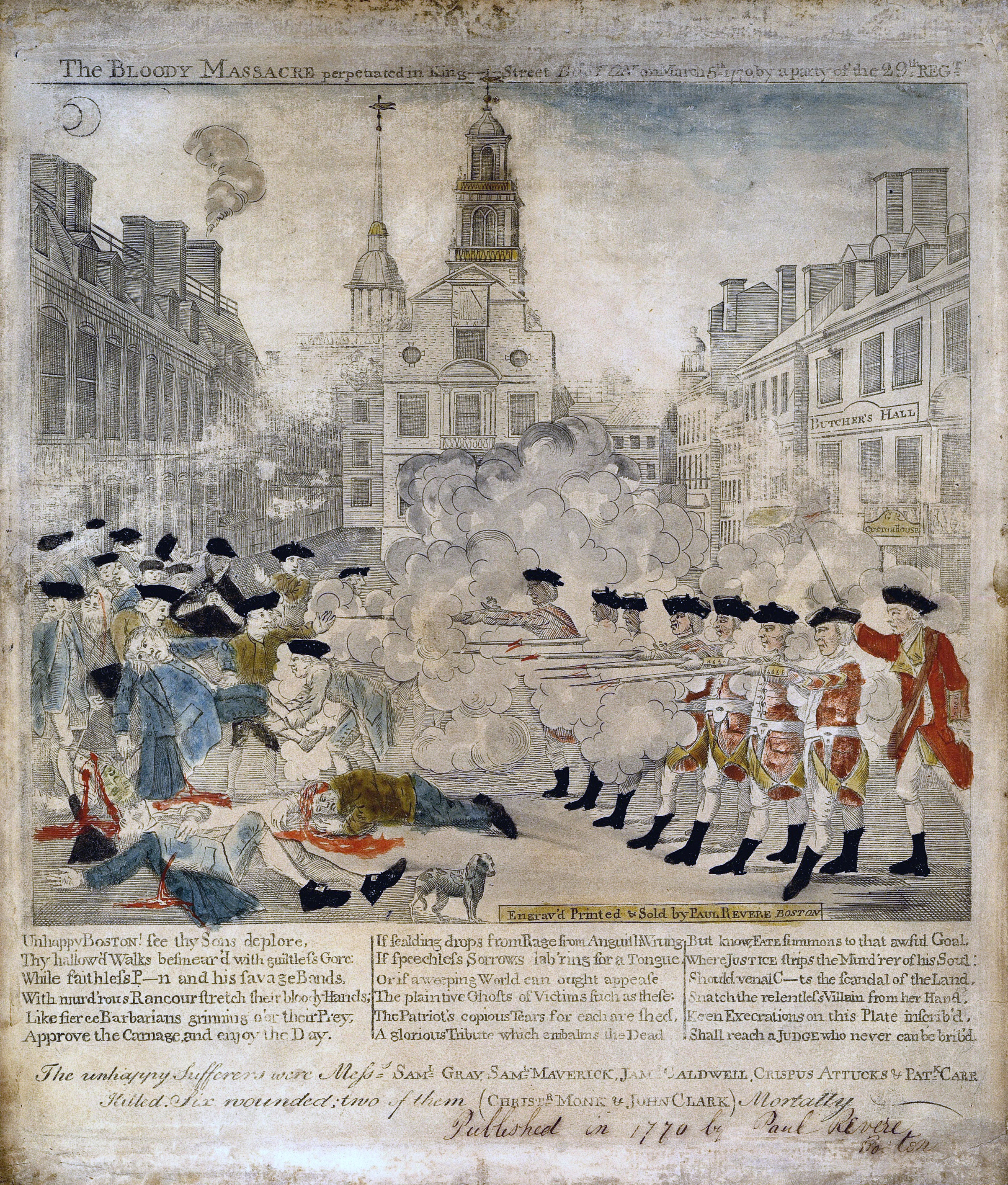- ...Grade 5 is studying the American Revolution. We examined the Declaration of Independence, and discussed issues of fairness and unfairness regarding the actions of the king and Parliament toward the colonists. We followed this with a consideration of whether to vote independence up or down by staging a town hall style meeting, with the voices of different segments of the American population stating their opinions. Ultimately, Grade 5 voted for independence from Britain...
____________________
- ...Grade 6 is in the midst of a study of ancient Egypt which included creating an exploded-sized map of the Nile River, exploring the life, death, and tomb contents of the pharaoh Tutankhamen, examining the religious and afterlife beliefs of the people, and looking at the daily life of commoners. We will close the unit by 'visiting' ancient Nubia, and recognizing the influences of Egypt on Nubian culture.
____________________
- ...Grade 7 is concluding a unit on the years between the French and Indian War and the American Revolution. We examined the growing tension between liberty-loving colonists and an increasingly cash-strapped Britain, and considered the justice of taxing Americans even though they did not have a voice in Parliament. To determine why the colonists were so upset by British taxation policies, we did a deep-dive into the Stamp Act, reading original newspaper clippings that expressed both colonial and British viewpoints. We studied the facts of the opening battle of the Revolutionary War, and will examine court affidavits that were gathered by officials in an effort to determine who fired the first shot in the Battle of Lexington and Concord.
____________________
- ...Grade 8 is involved in an intense study of the United States in the years between the Civil War and World War I. We began by examining the chaotic settling of the magnificent American West, then returned east to study the unregulated growth of American industrialism. We evaluated the unprecedented success of business tycoons JP Morgan, John D. Rockefeller, and Andrew Carnegie, and explored the flipside of their success by studying the violent Homestead Steel Strike. We will close the unit by studying the beliefs and actions of Susan B Anthony, Alice Paul, Booker T Washington and WEB DuBois, and determining our own place in the ongoing fight for American social justice.



